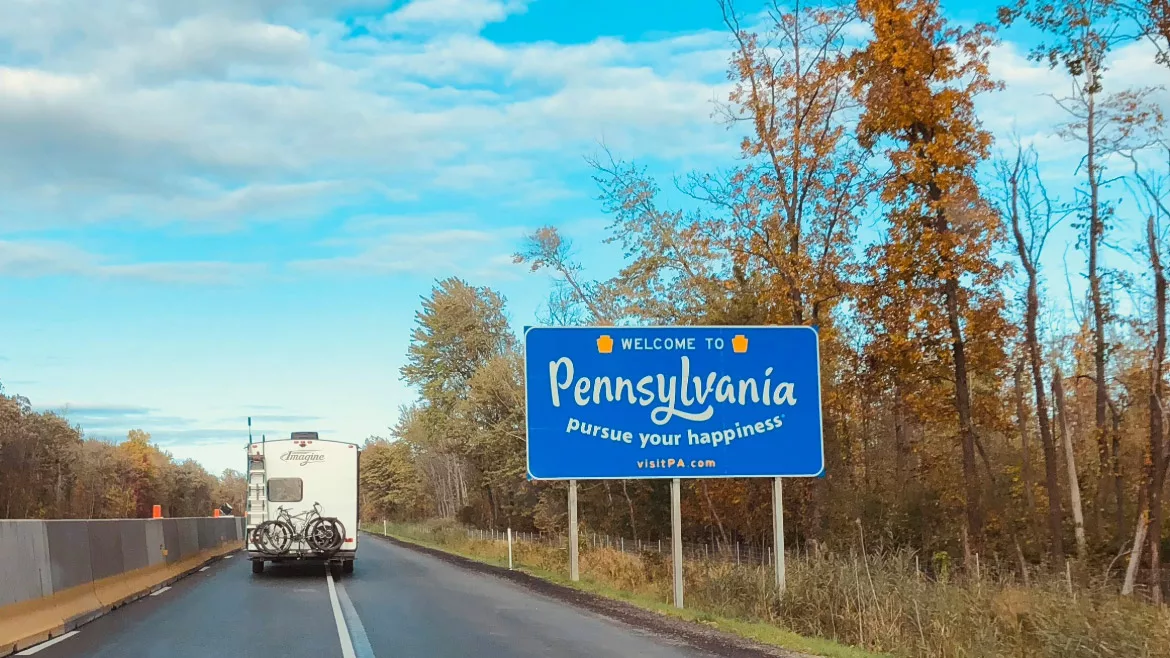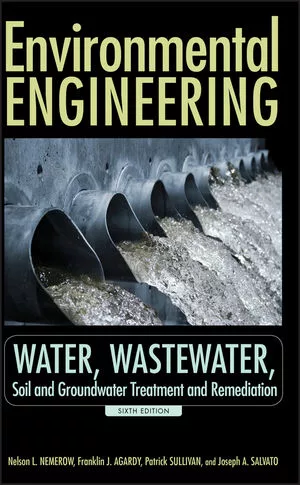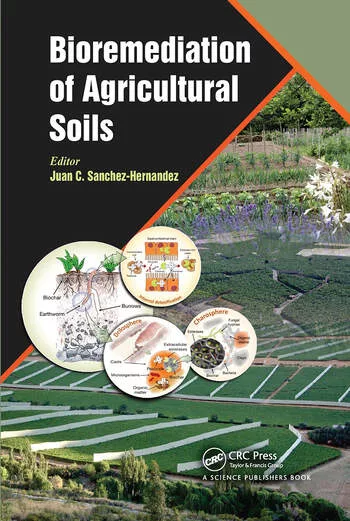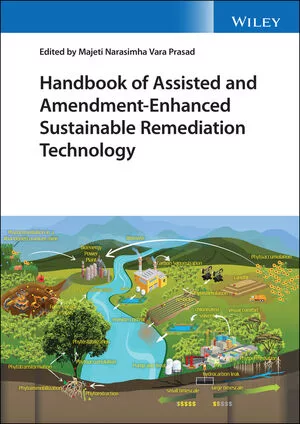Fracking wastewater use on Pennsylvania roads sparks health and environmental concerns
The wastewater, used as a dust suppressant and de-icer on roads, has been found to contain toxic chemicals and radioactive materials

Despite a years-old ban, oil and gas companies in Pennsylvania have continued to use potentially toxic fracking wastewater on roads, sparking concerns about public health and the environment. An investigation by Grist found that companies reported spraying nearly 2.4 million gallons of this wastewater on roads across the state from 2019 to 2023, but this likely underestimates the true amount, as about 86% of the state's smaller oil and gas drillers did not report how they disposed of their waste in 2023.
The wastewater, used as a dust suppressant and de-icer on roads, has been found to contain toxic chemicals and radioactive materials at levels hundreds of times higher than what's considered safe in drinking water. Yet, a loophole in state regulations has allowed companies to continue this practice largely unchecked. Waste that impacts the environment just as much as a commercial alternative may be classified as a “coproduct,” which receives less Pennsylvania Department of Environmental Protection (DEP) oversight. But even non-commercial, naturally available rainwater is as effective a dust suppressant as wastewater, according to Penn State research.
"[Companies] have been using the product type incorrectly," Neil Shader, a spokesperson for the DEP, told Grist in explaining why the agency will no longer use the term "coproduct" in waste reports. Despite this, the DEP has rarely cracked down on companies for misusing the designation to avoid oversight of their wastewater disposal practices.
Siri Lawson, who lives near roads where this wastewater is used, suspects the chemicals in the wastewater are causing her health problems. "Sometimes the [sinus] pain has been so intense I've had to leave my home to get different air," she told Grist. Despite her complaints to the DEP, she feels the agency has not done enough to address the issue.
The continued use of fracking wastewater on roads has sparked outrage from environmental activists and some lawmakers. "As long as [companies] can get away with it, they will," said David Hess, a former DEP secretary. "That has been the history of their entire existence."
In response to growing pressure, the DEP has proposed changes to how it regulates the use of fracking wastewater, and has expressed support for a bill that would ban the practice. However, the bill faces an uncertain future in the Republican-controlled state senate.
The issue highlights the ongoing challenges of regulating the oil and gas industry and protecting the public from the potential health and environmental impacts of fracking. As Lawson concluded, "I am told [by the DEP] to catch the truck. I'm told to be my own cop."



.webp?height=200&t=1664821385&width=200)



